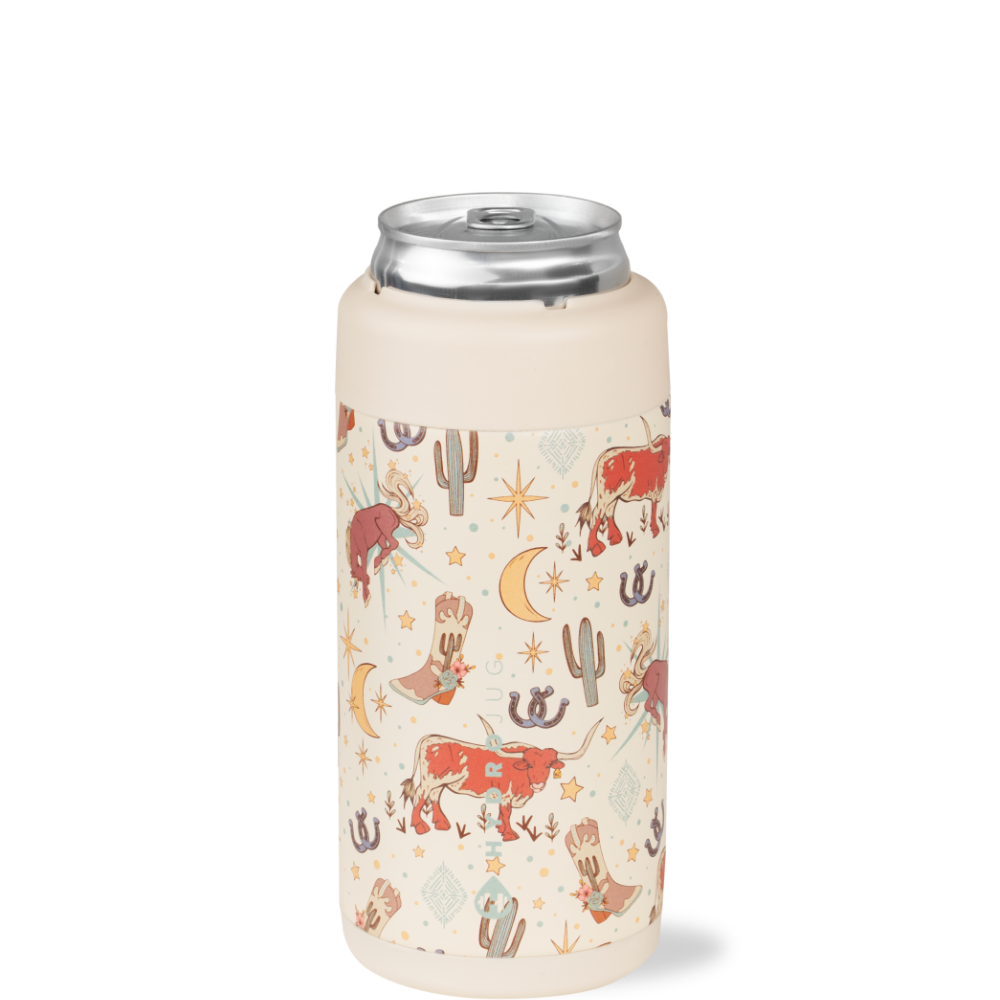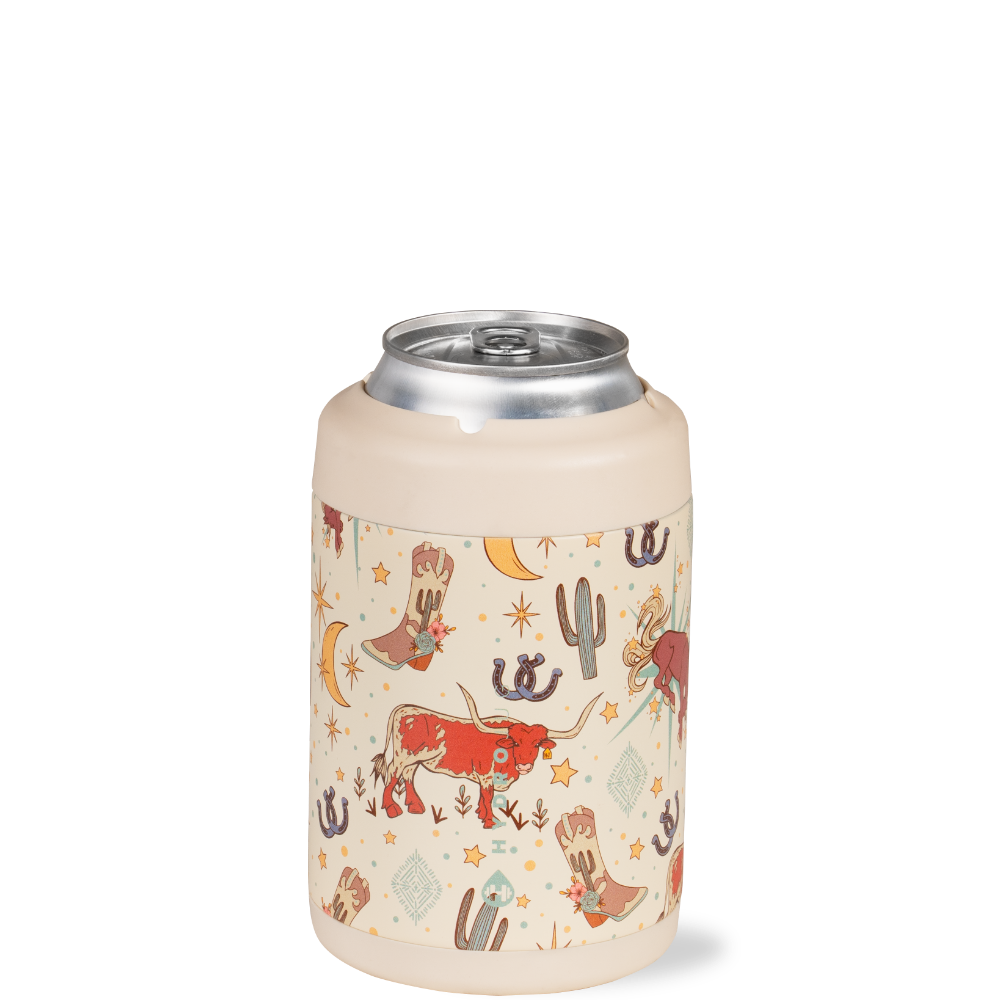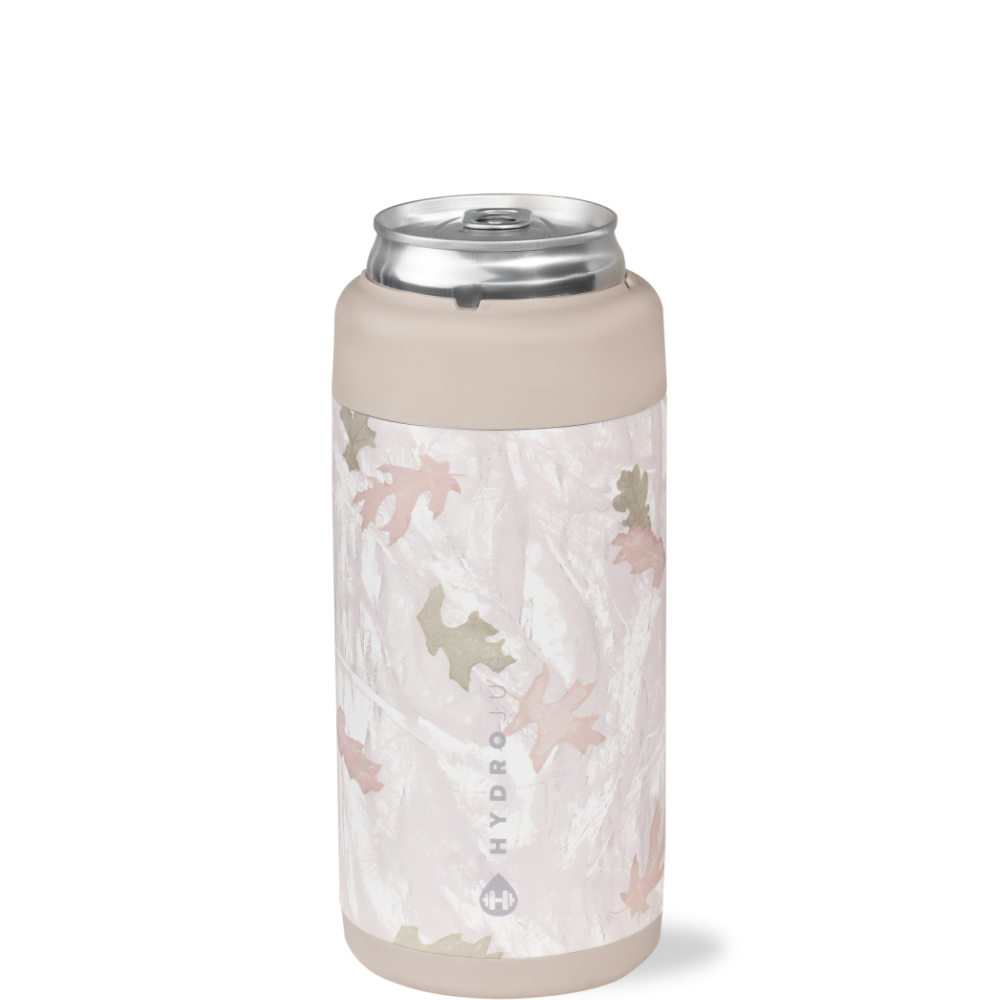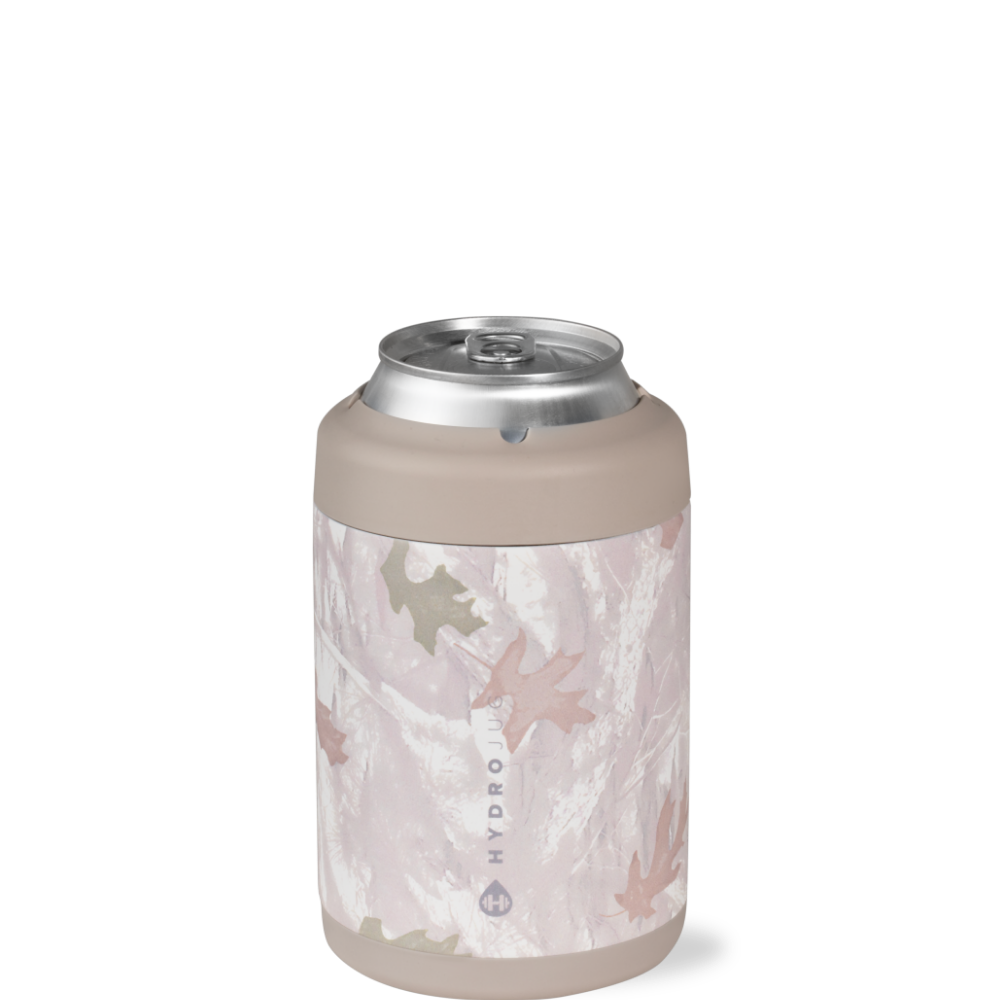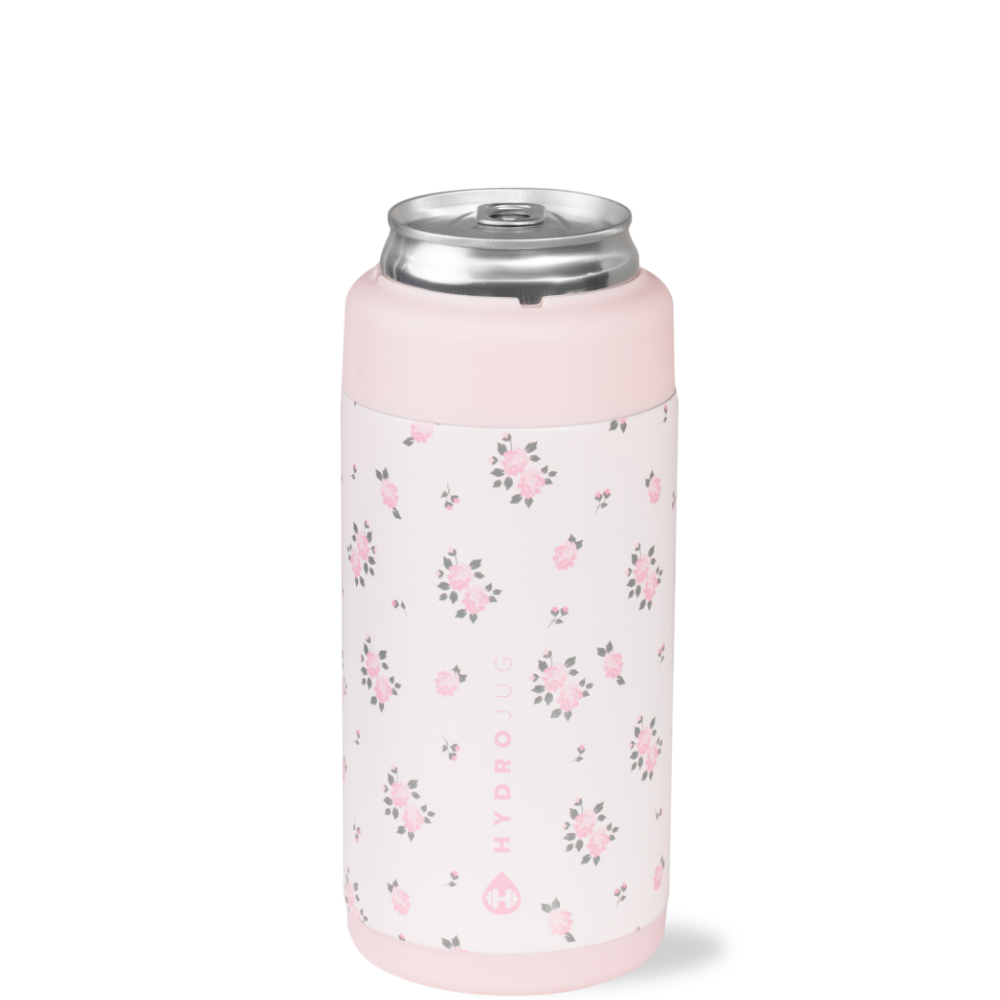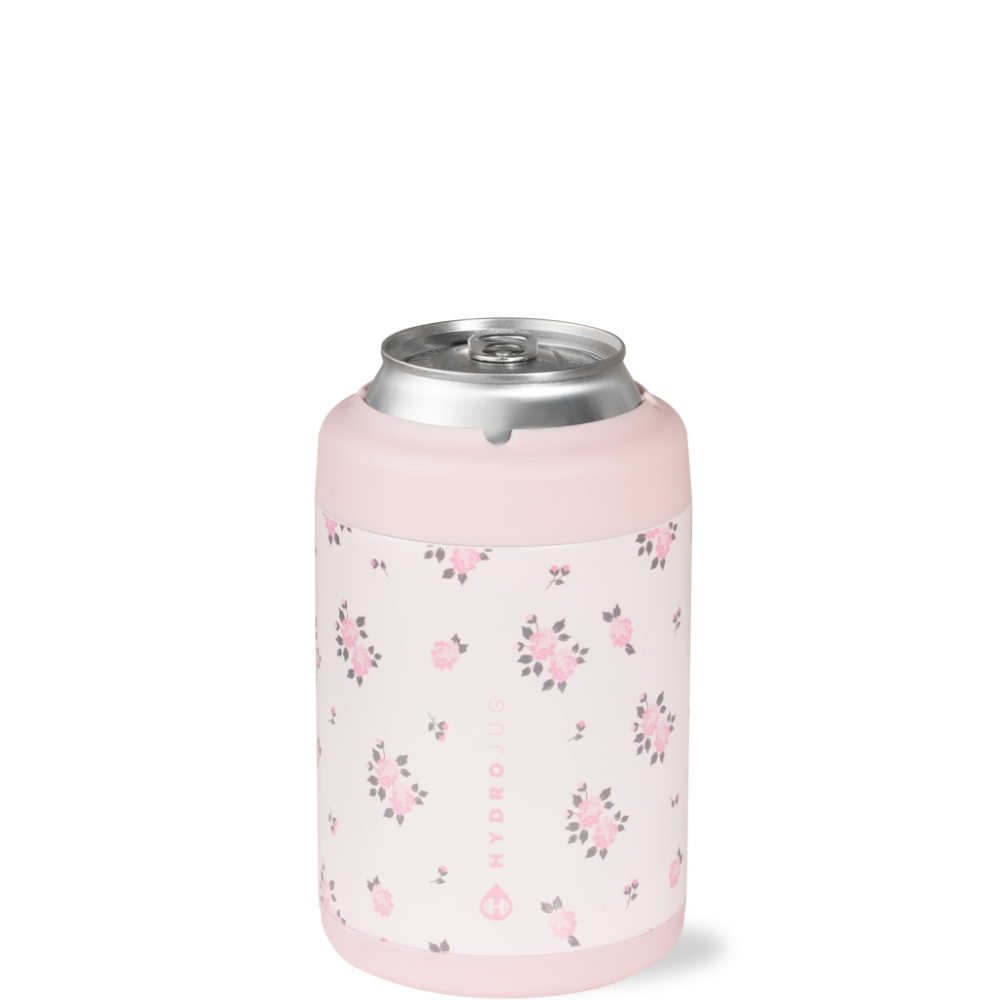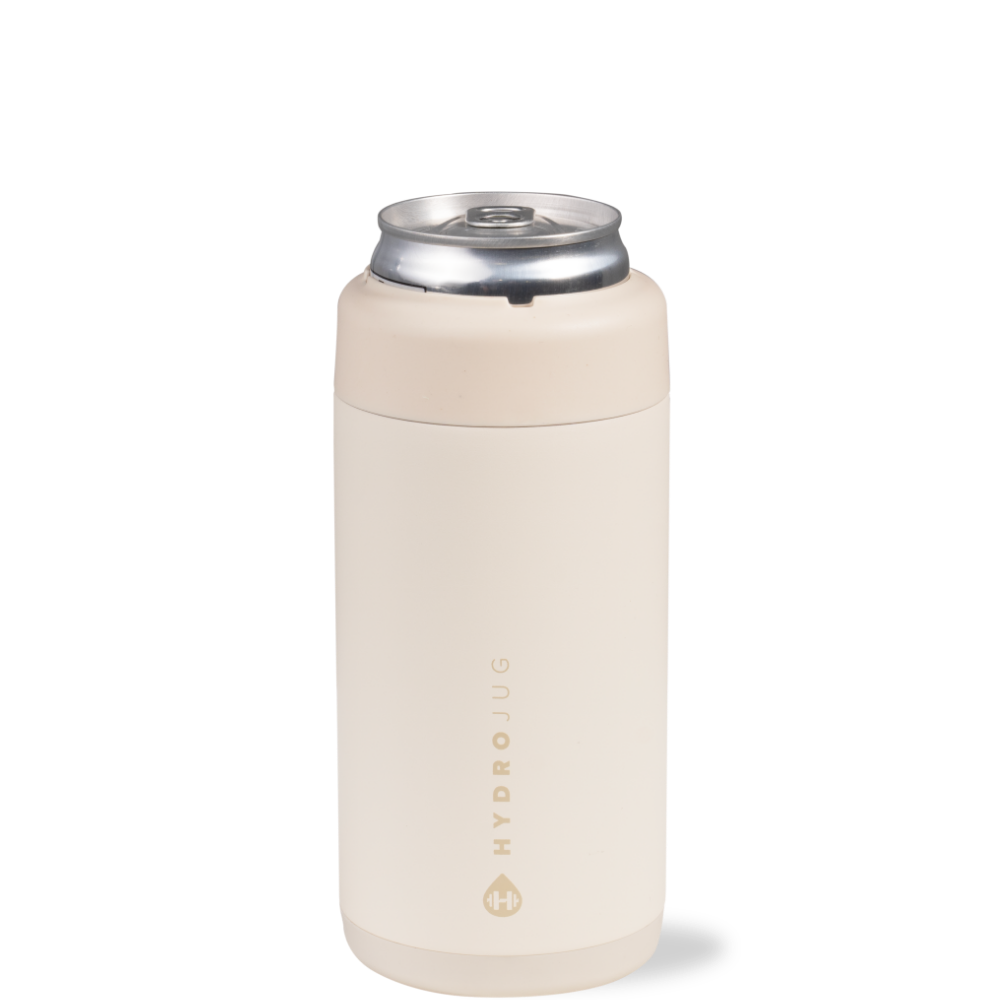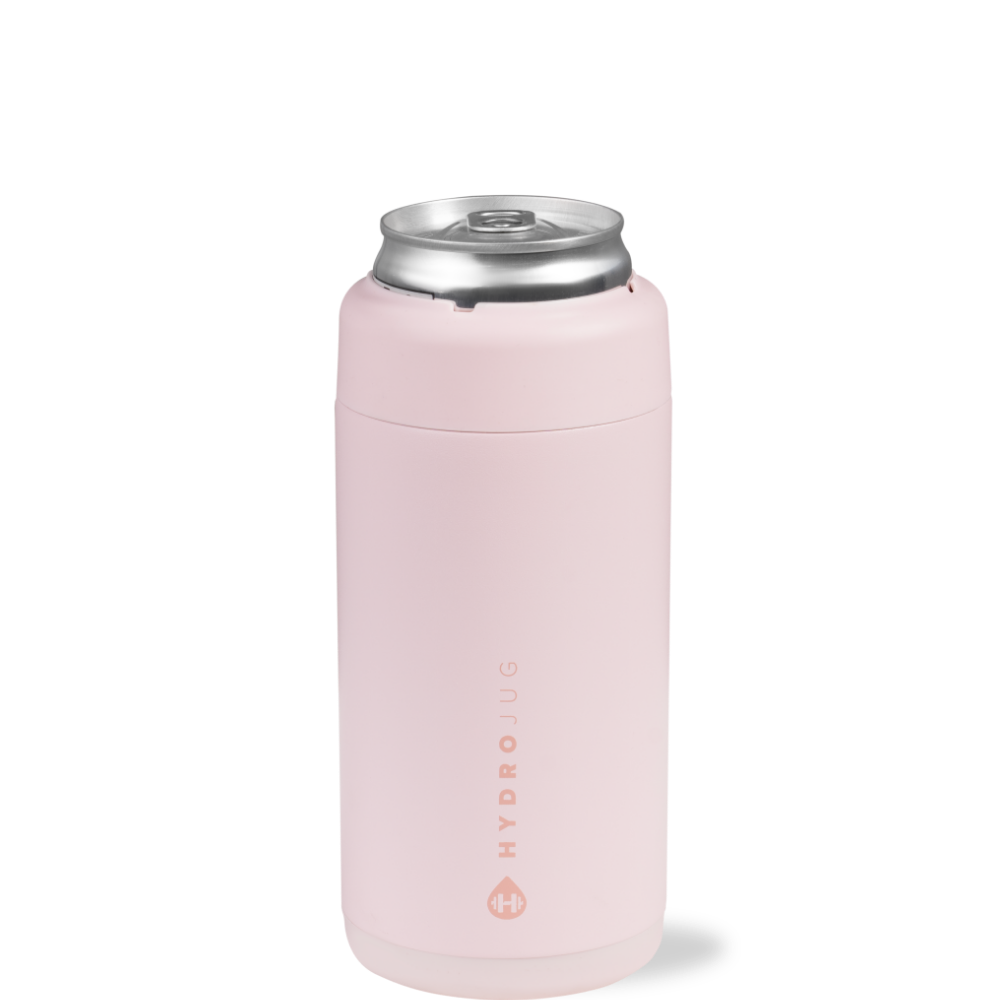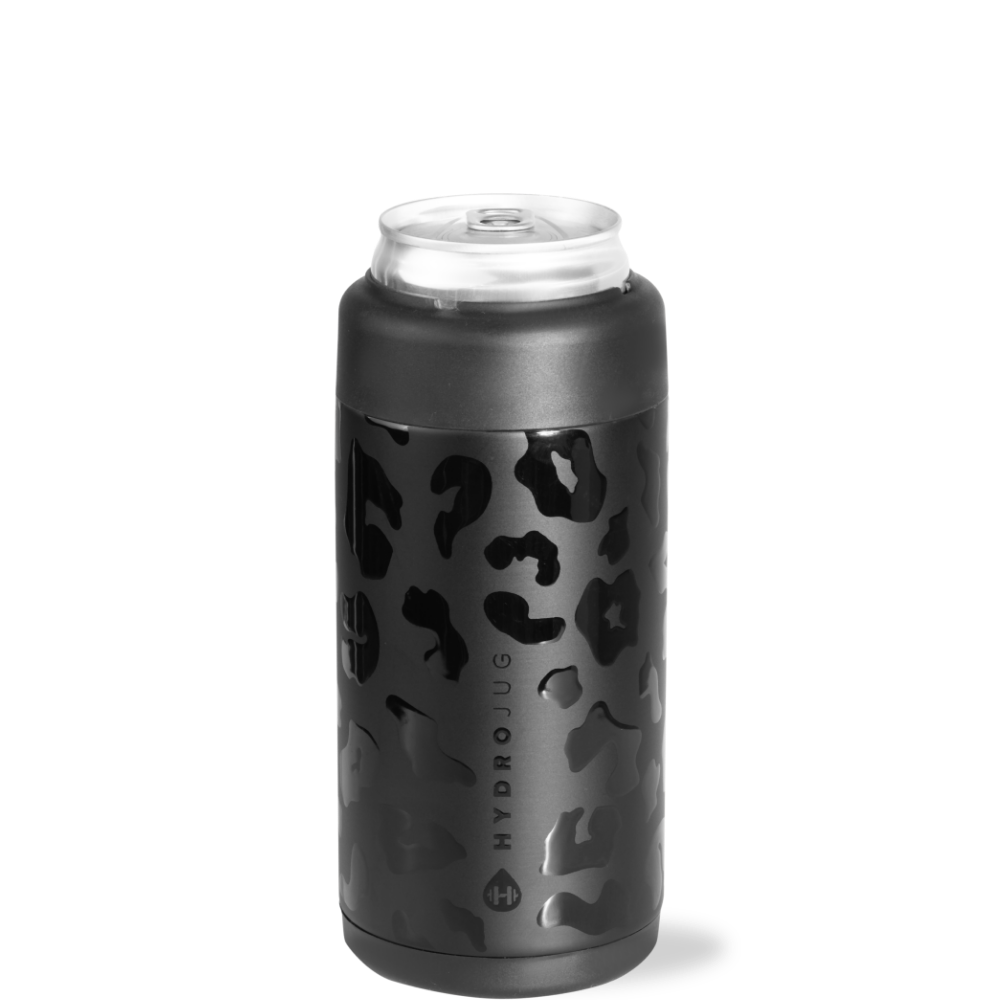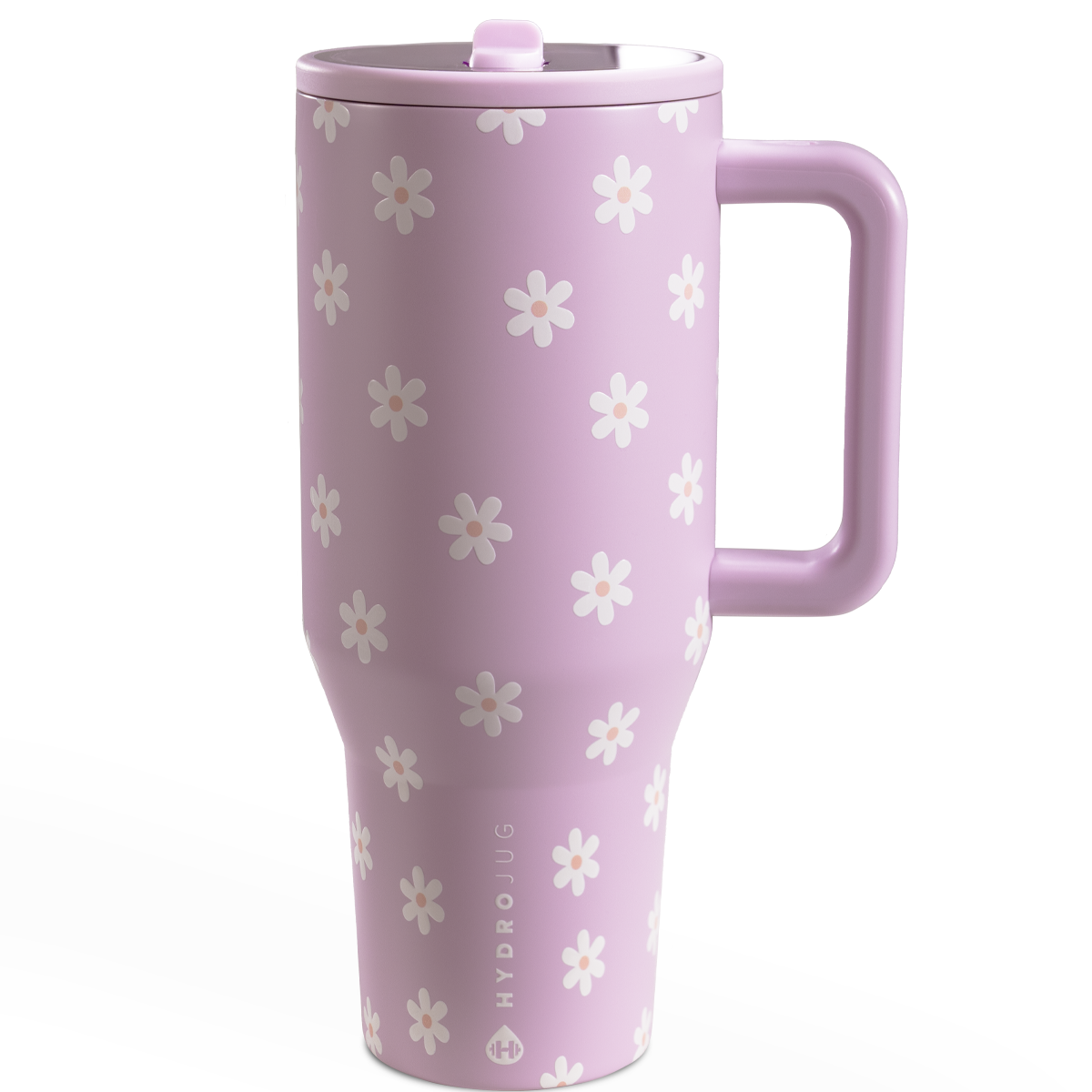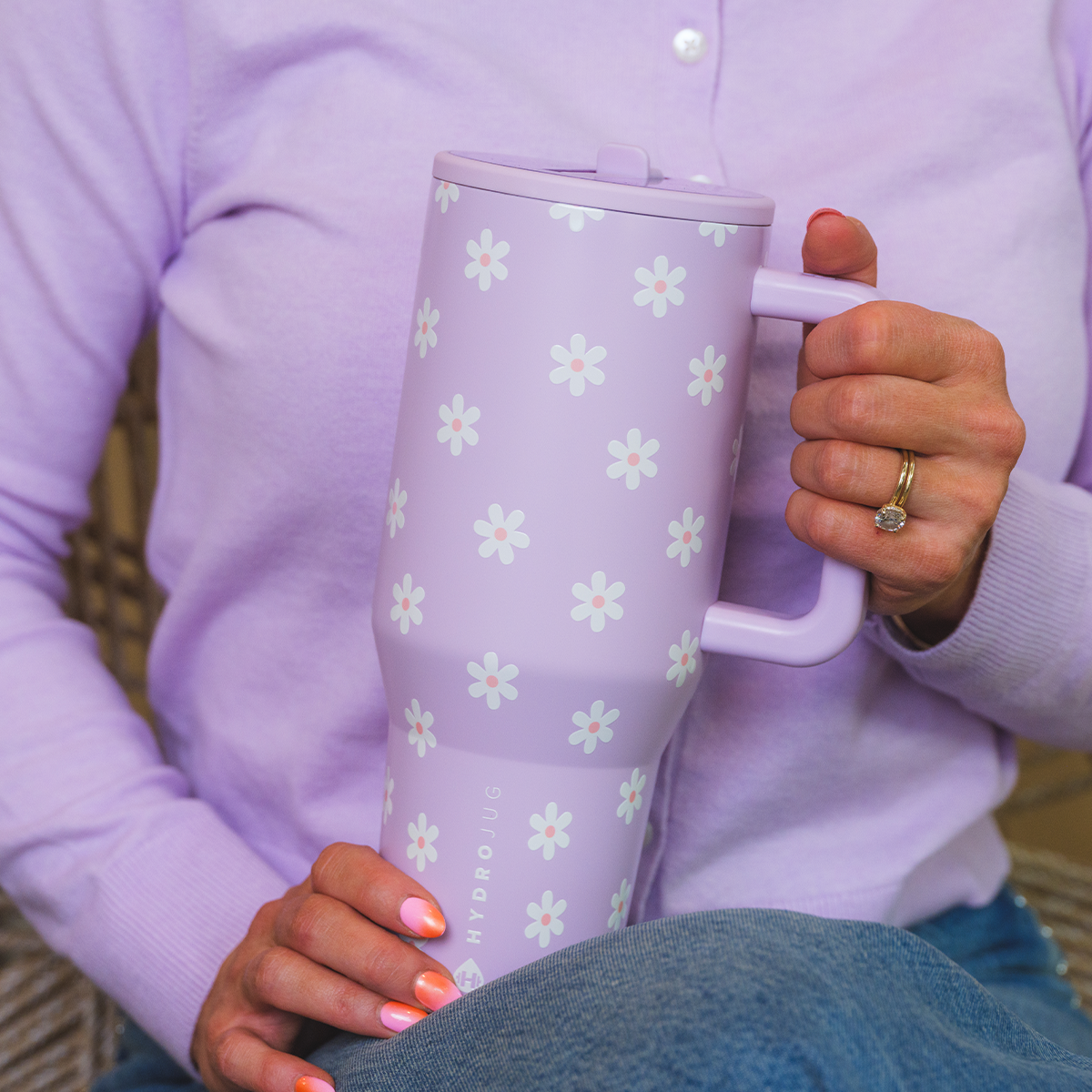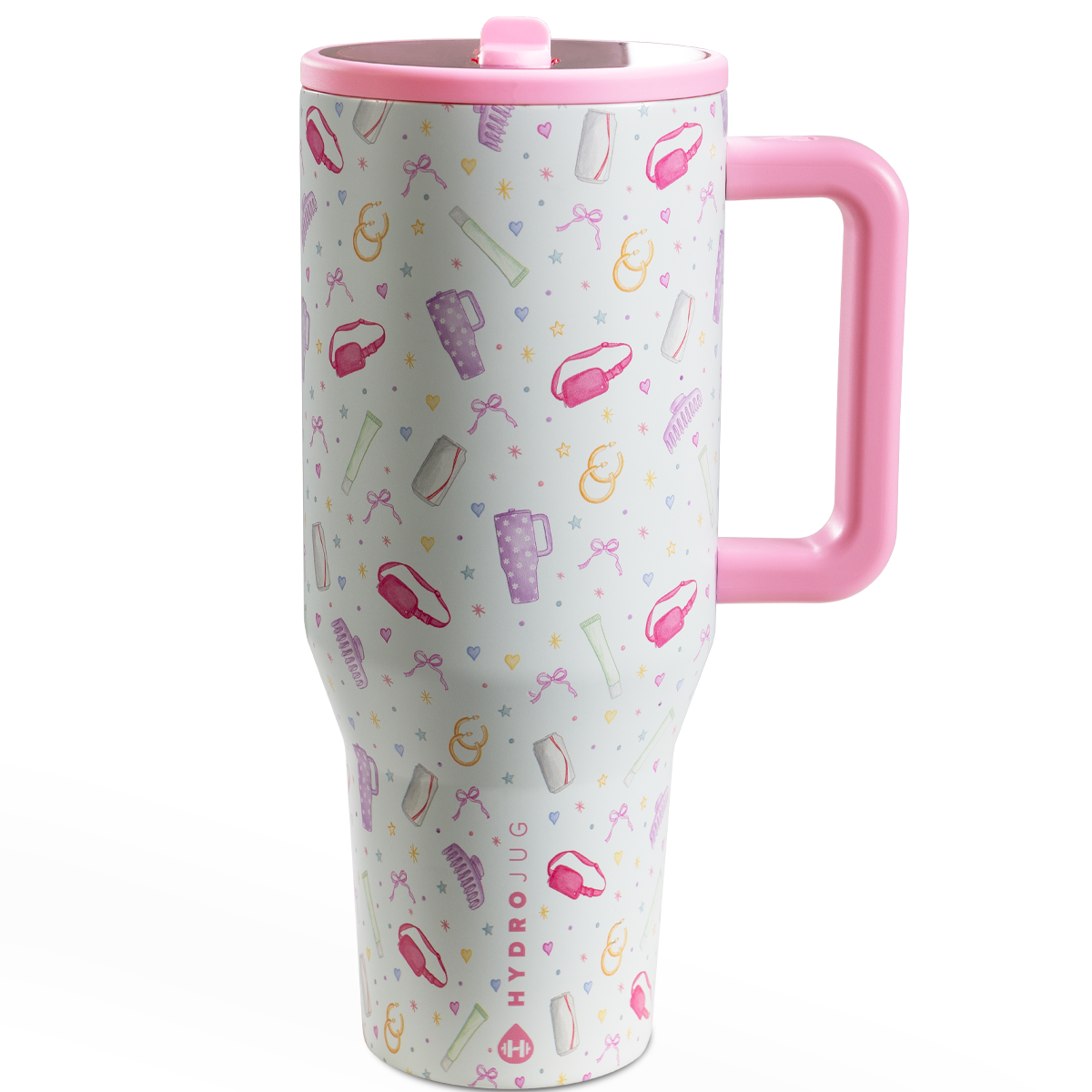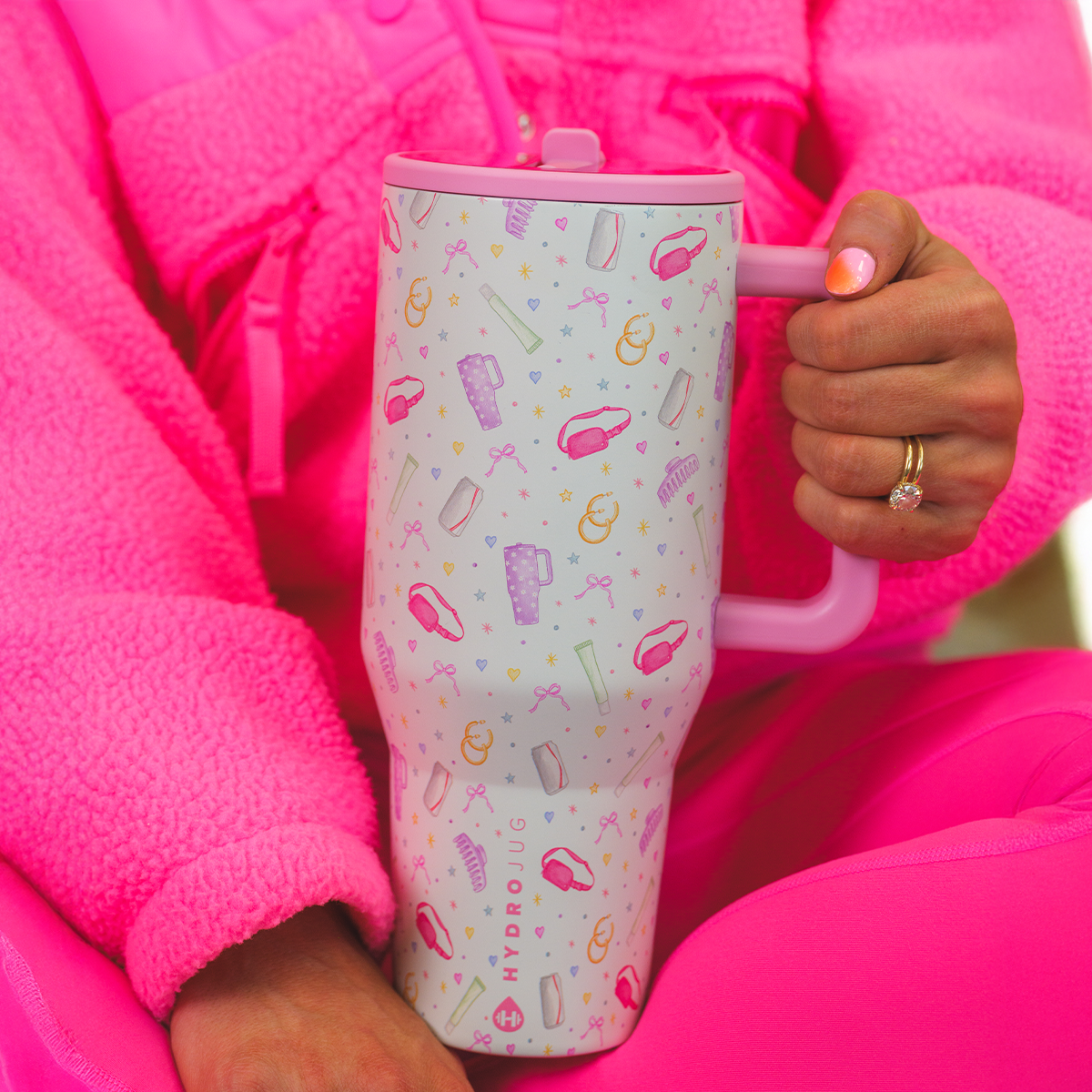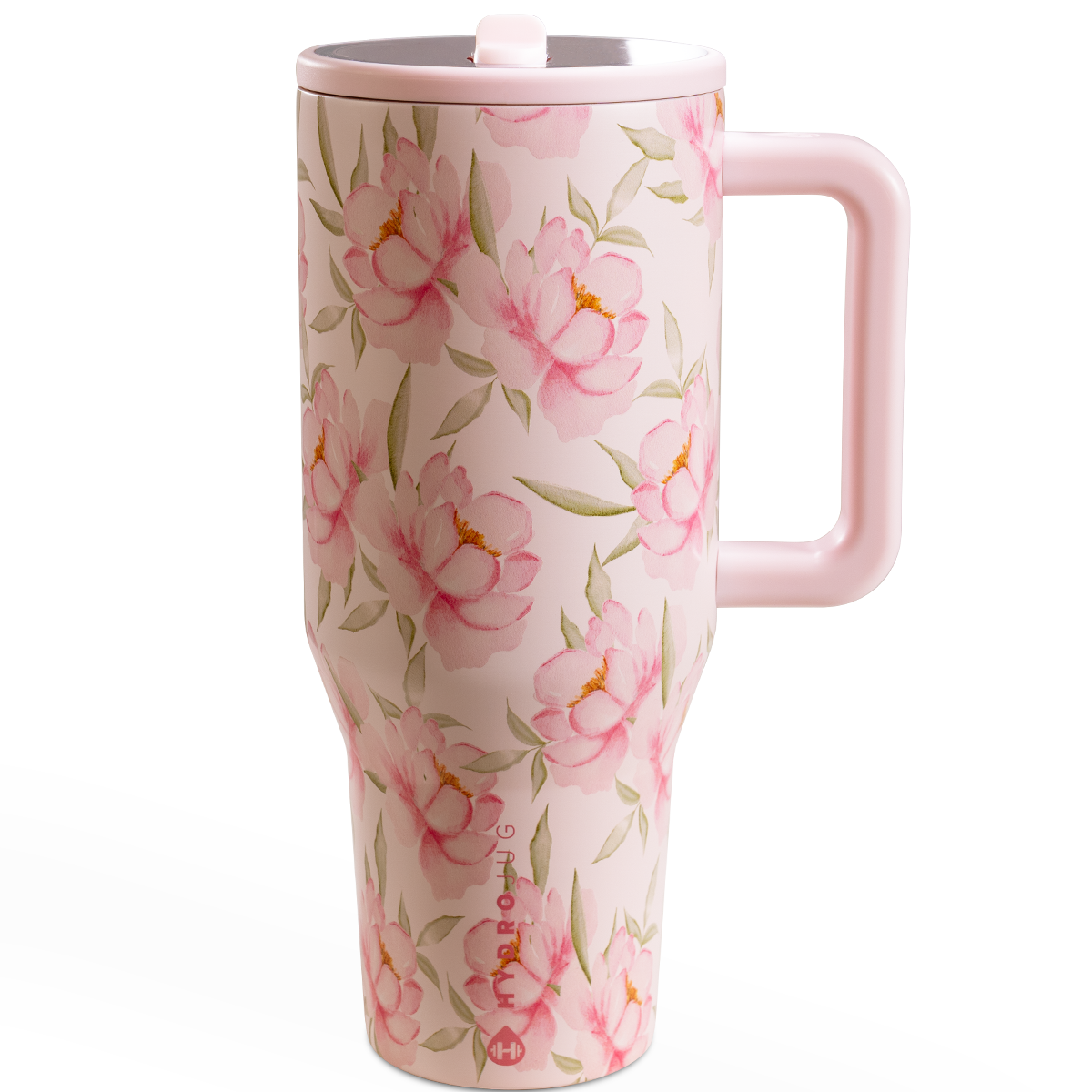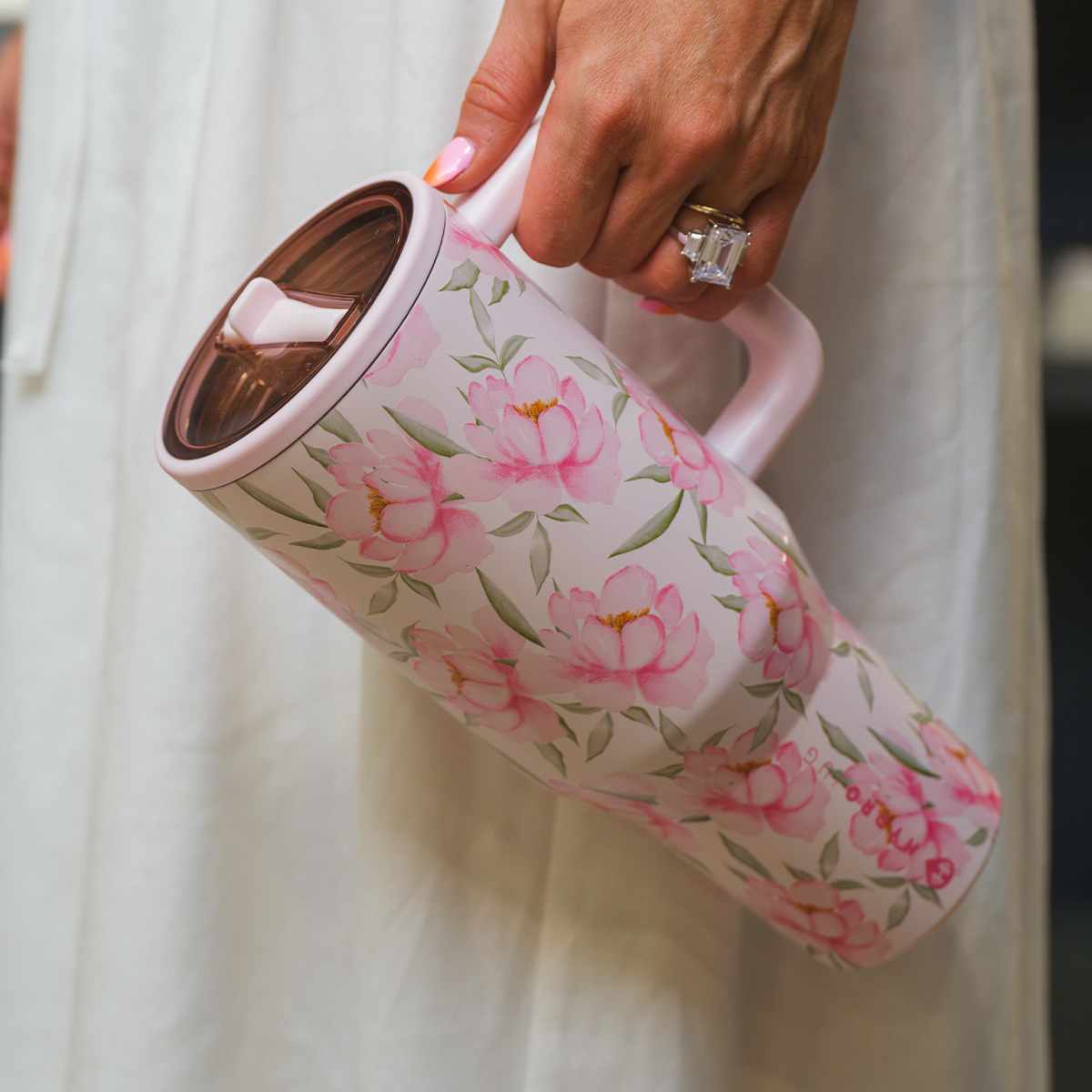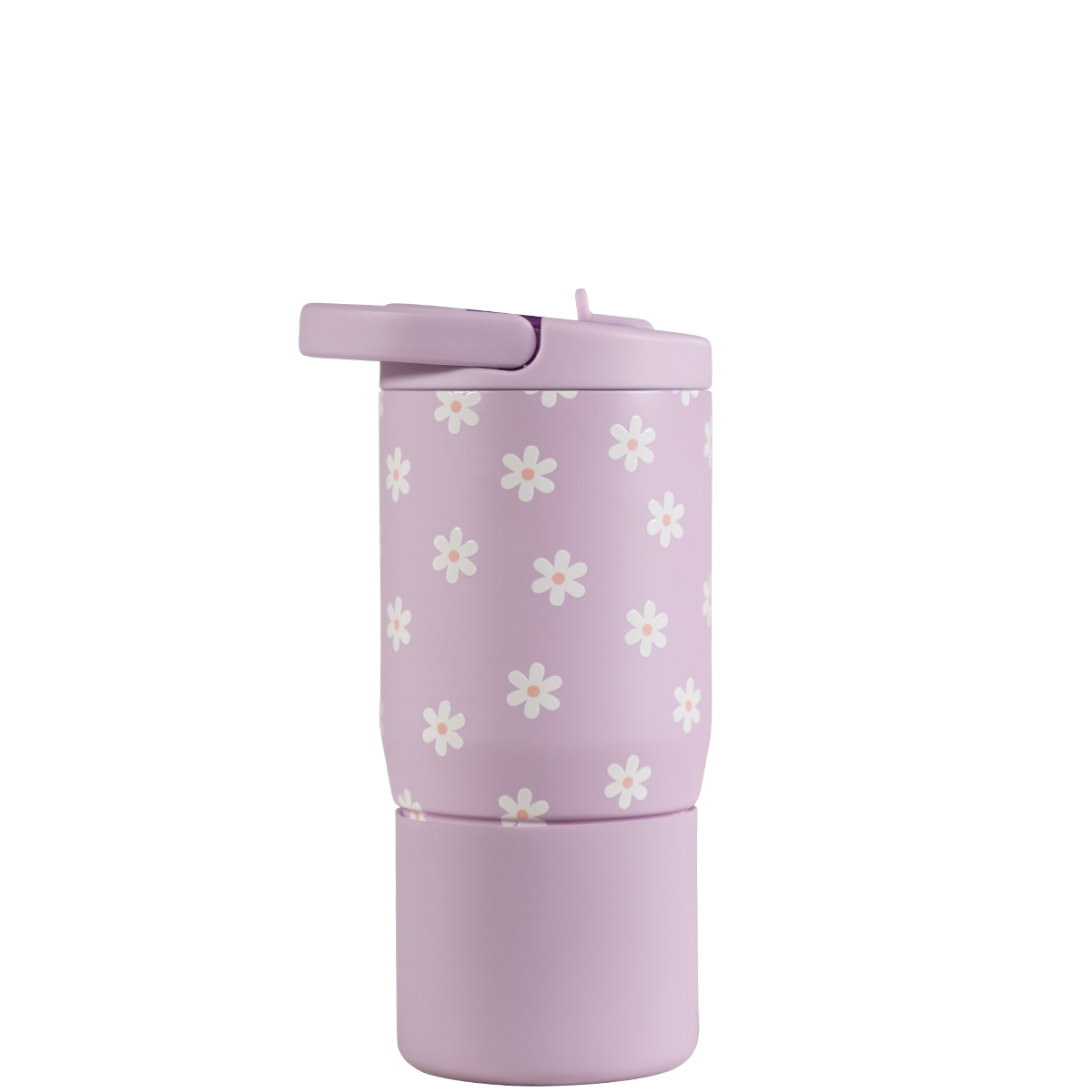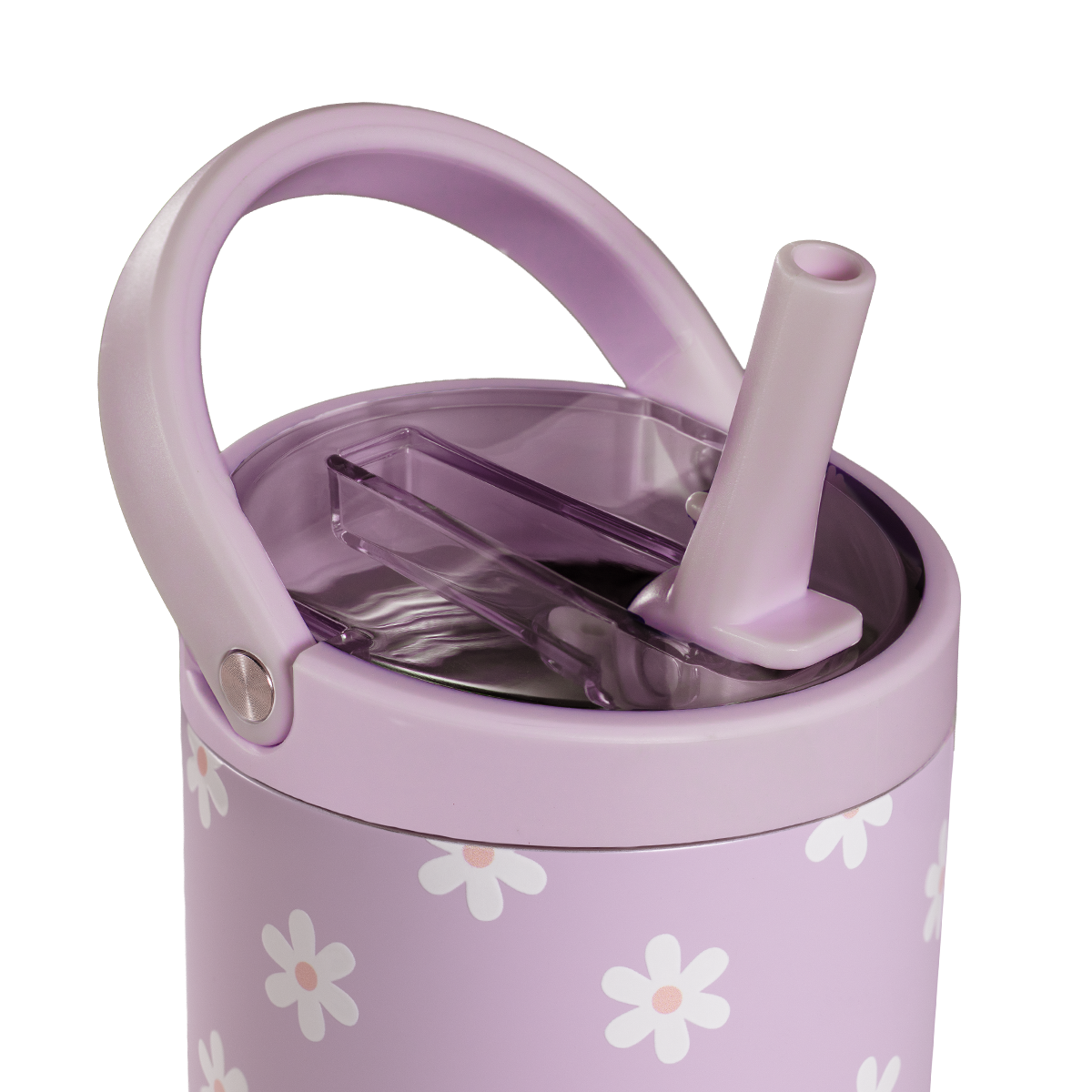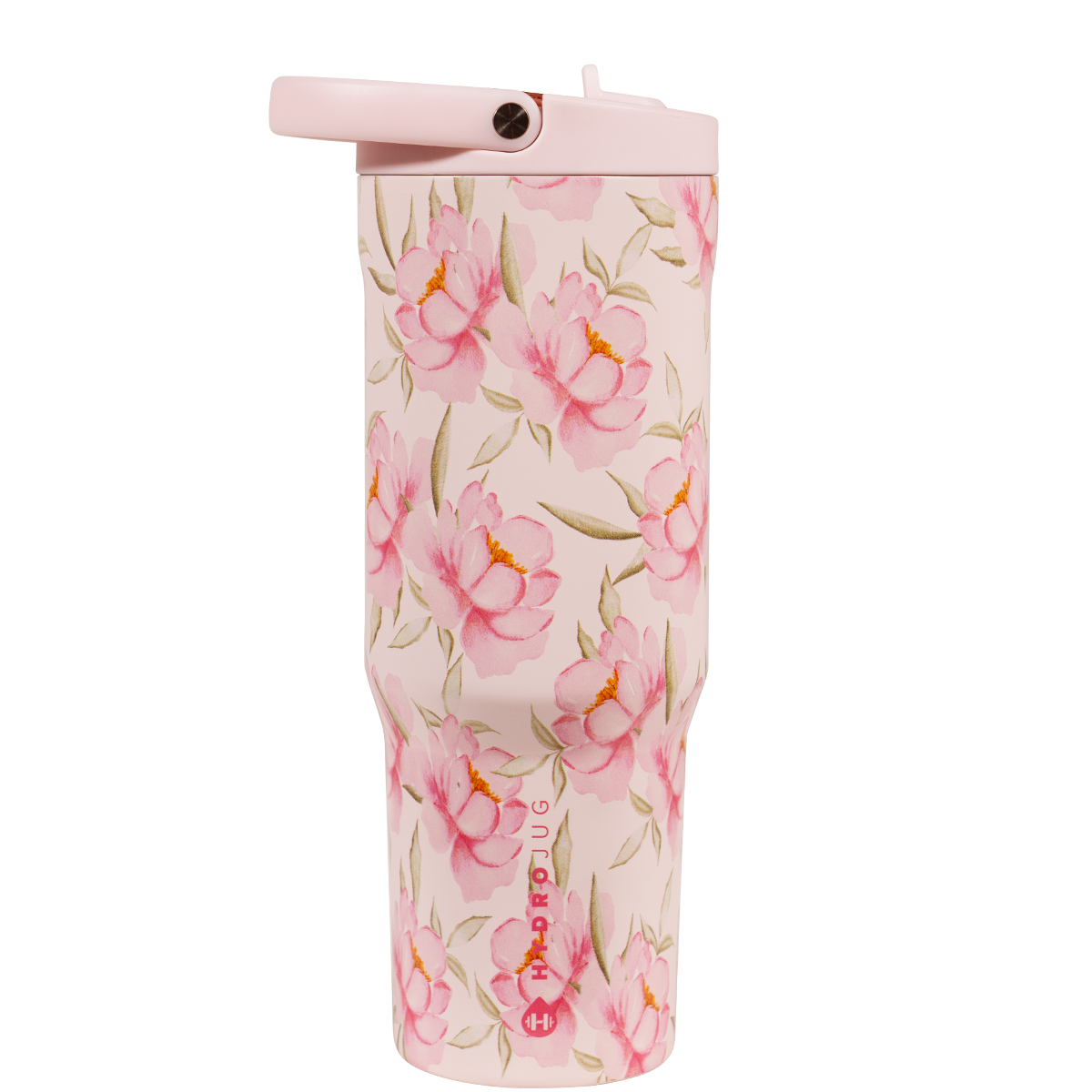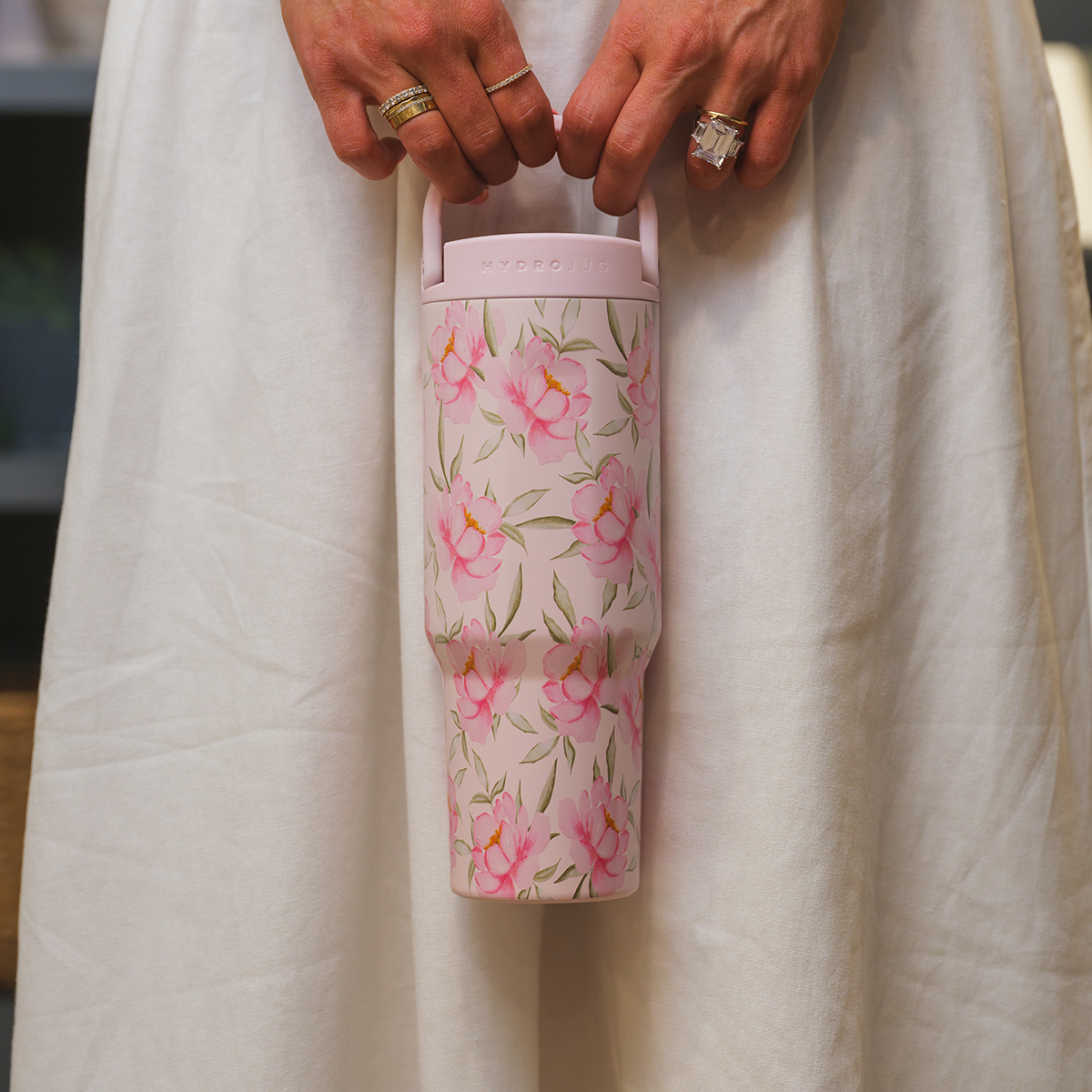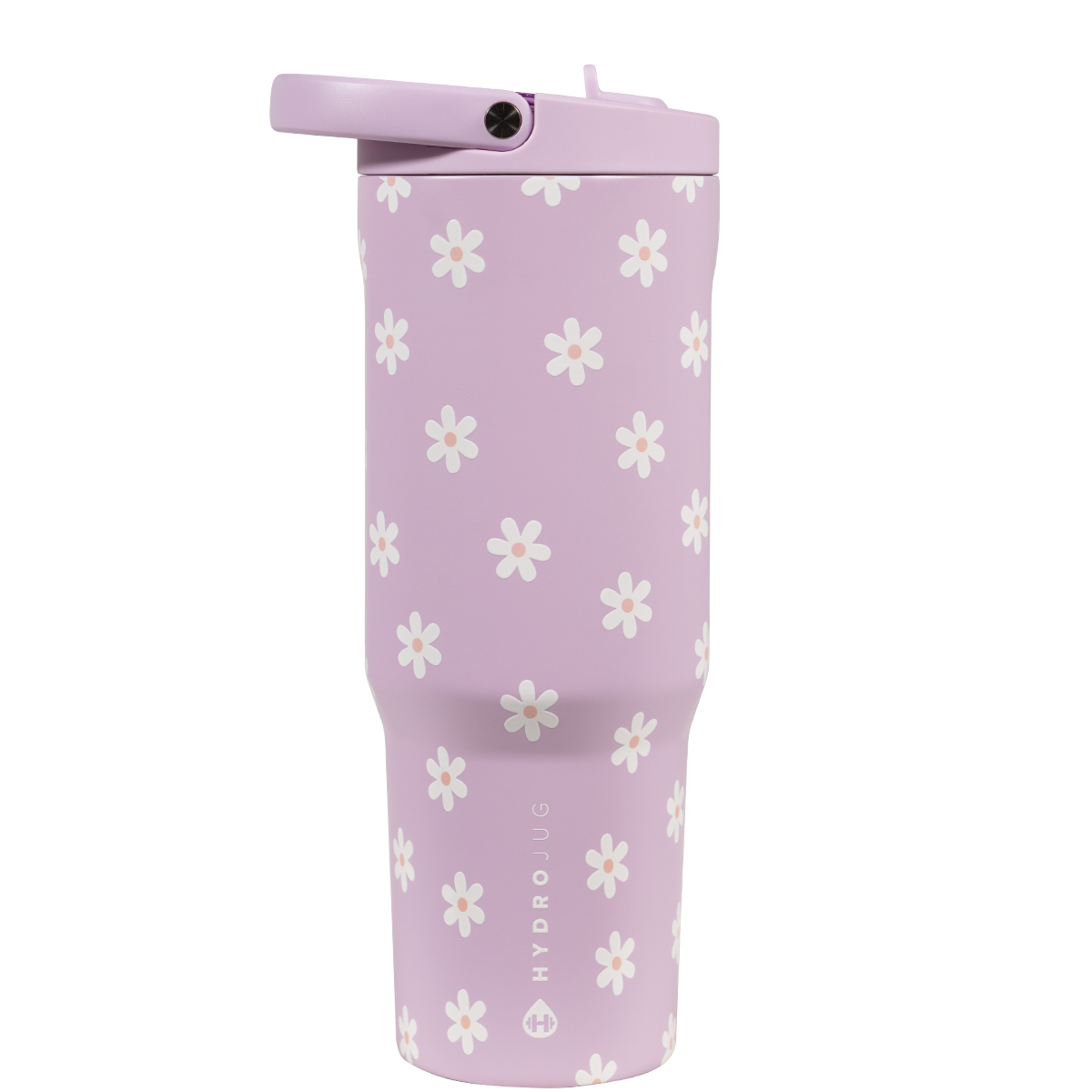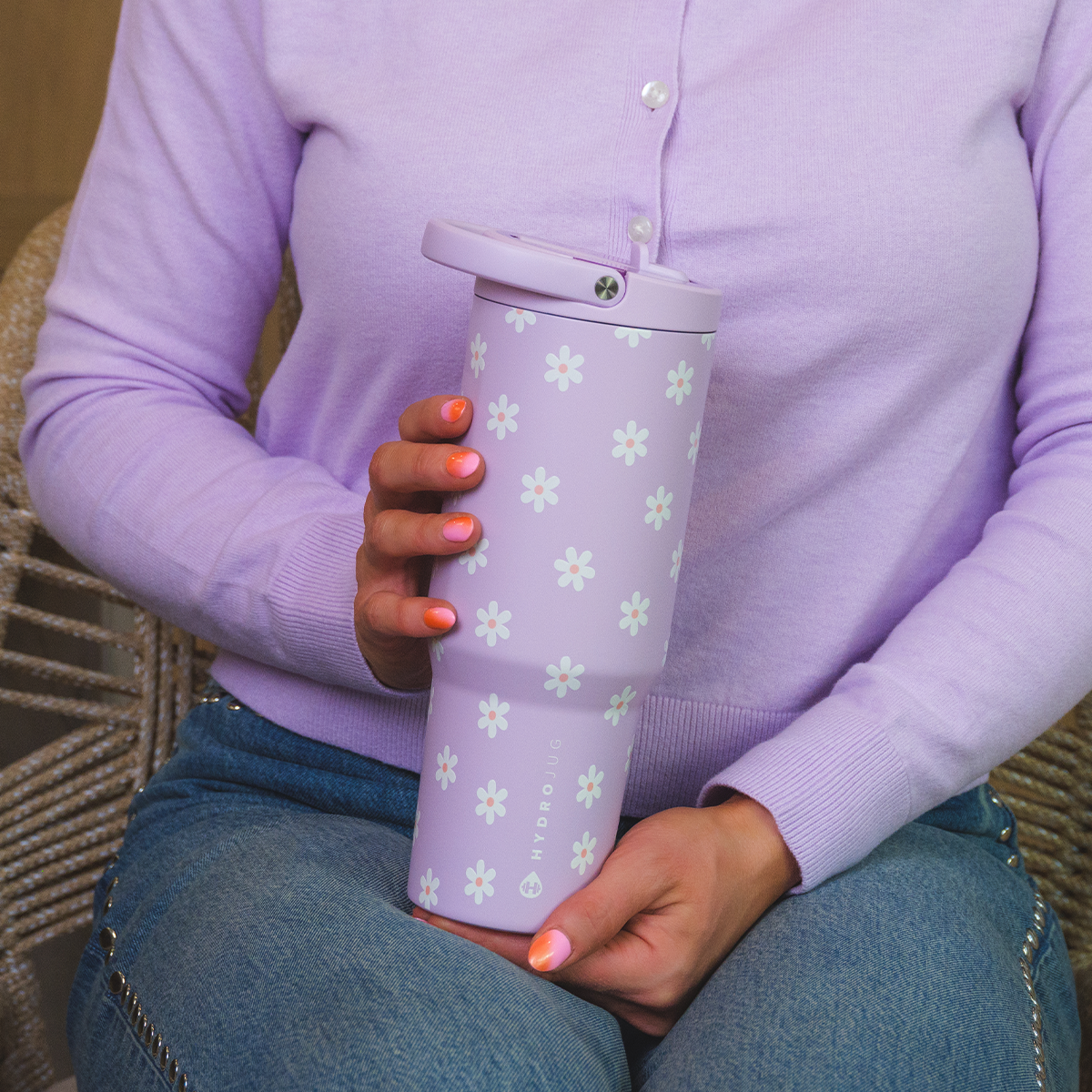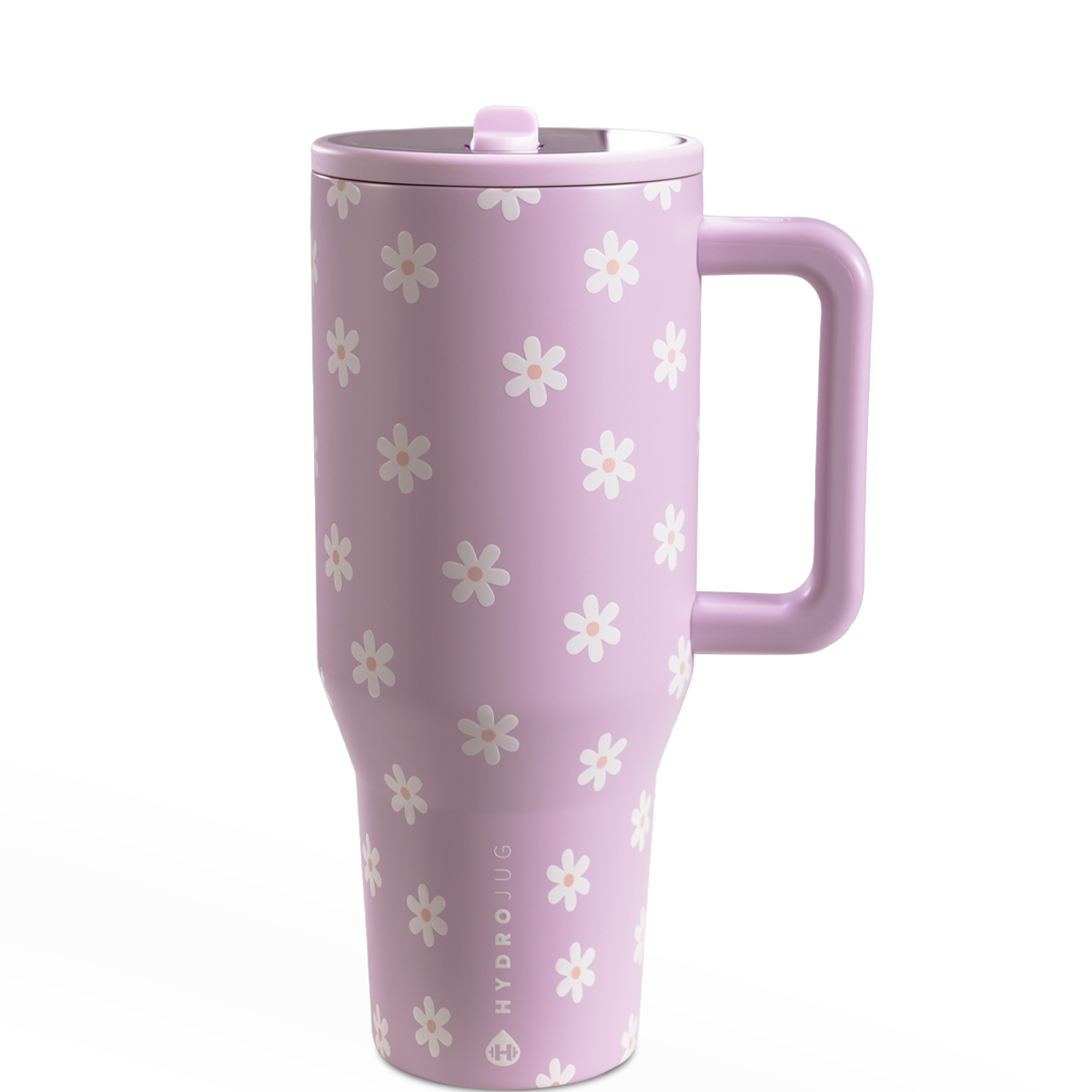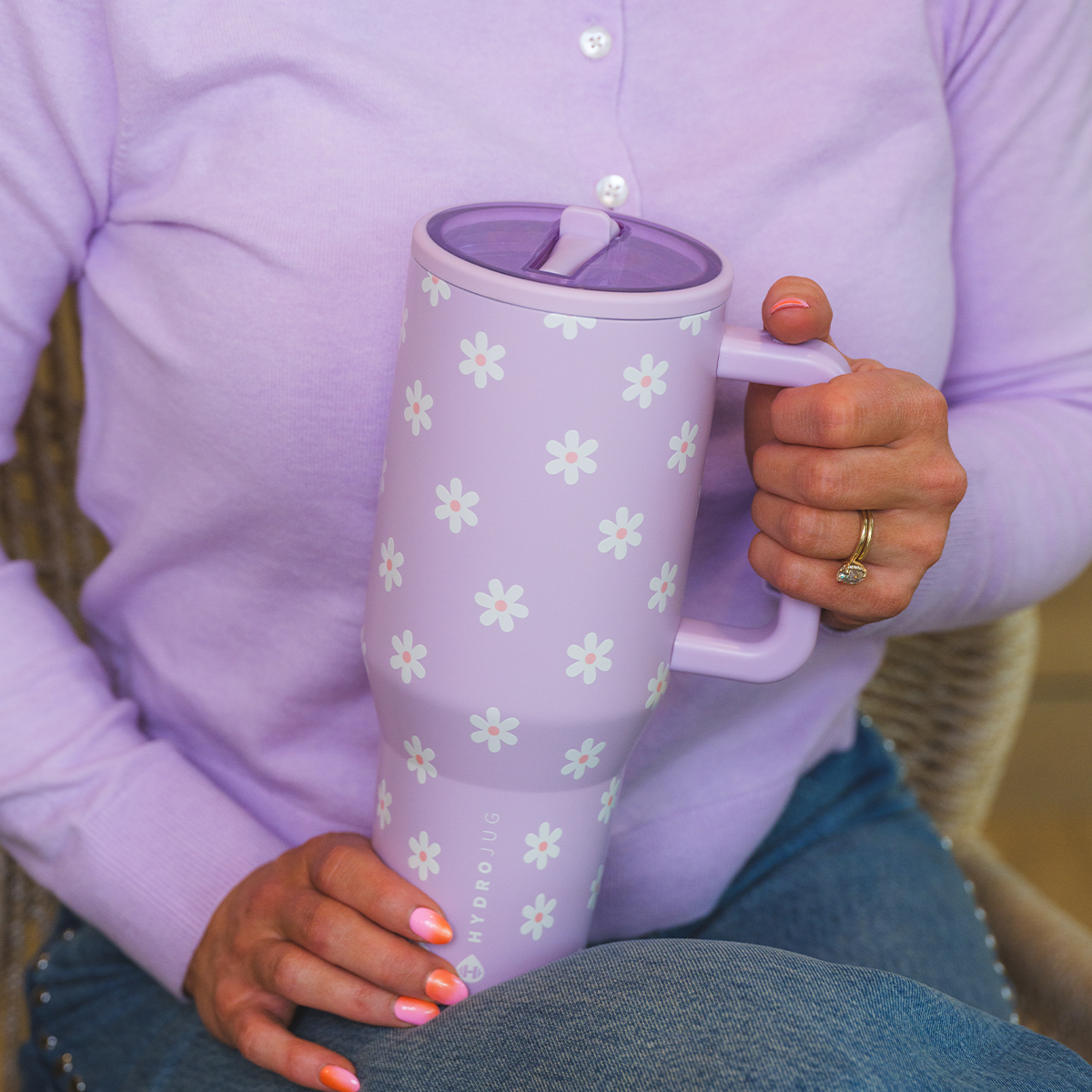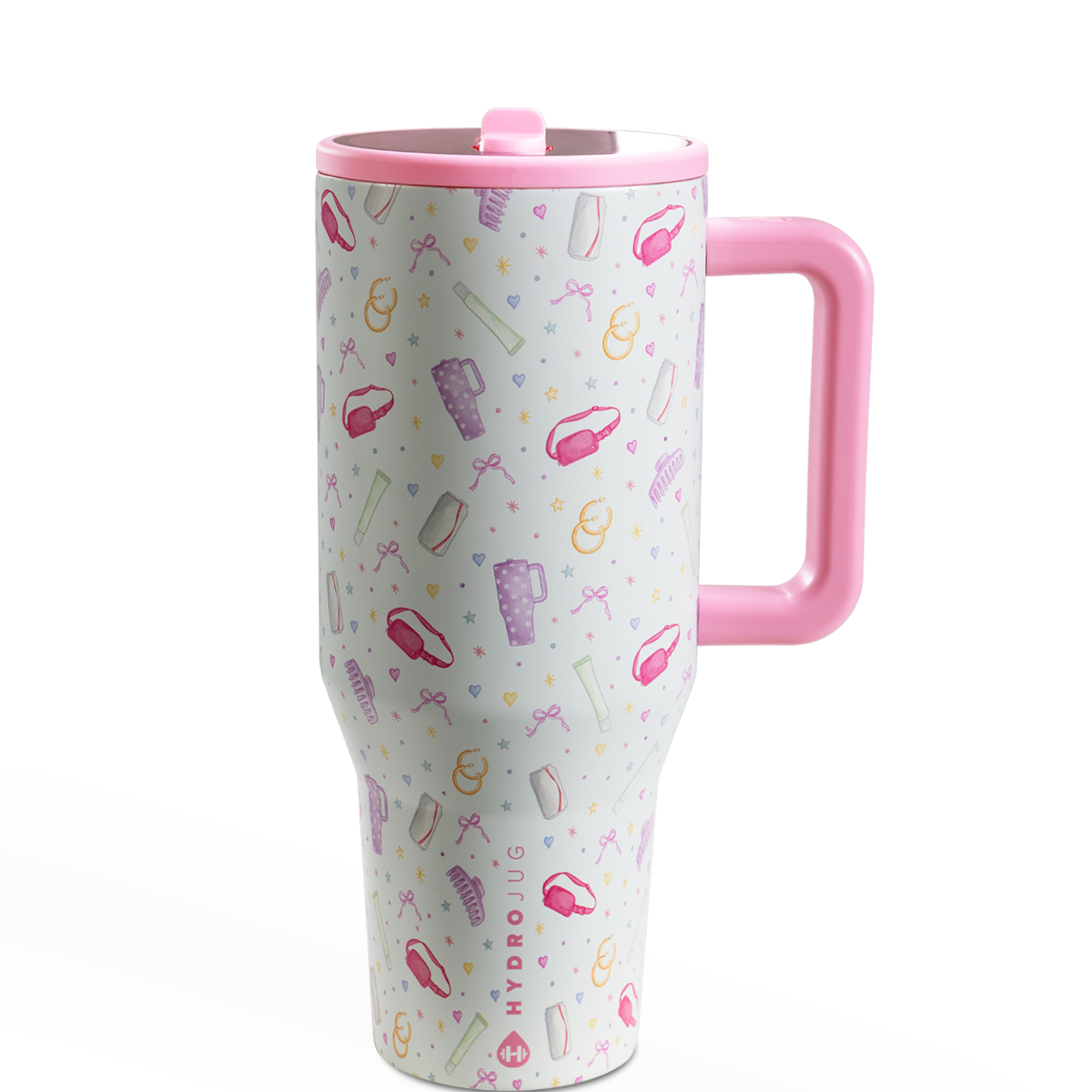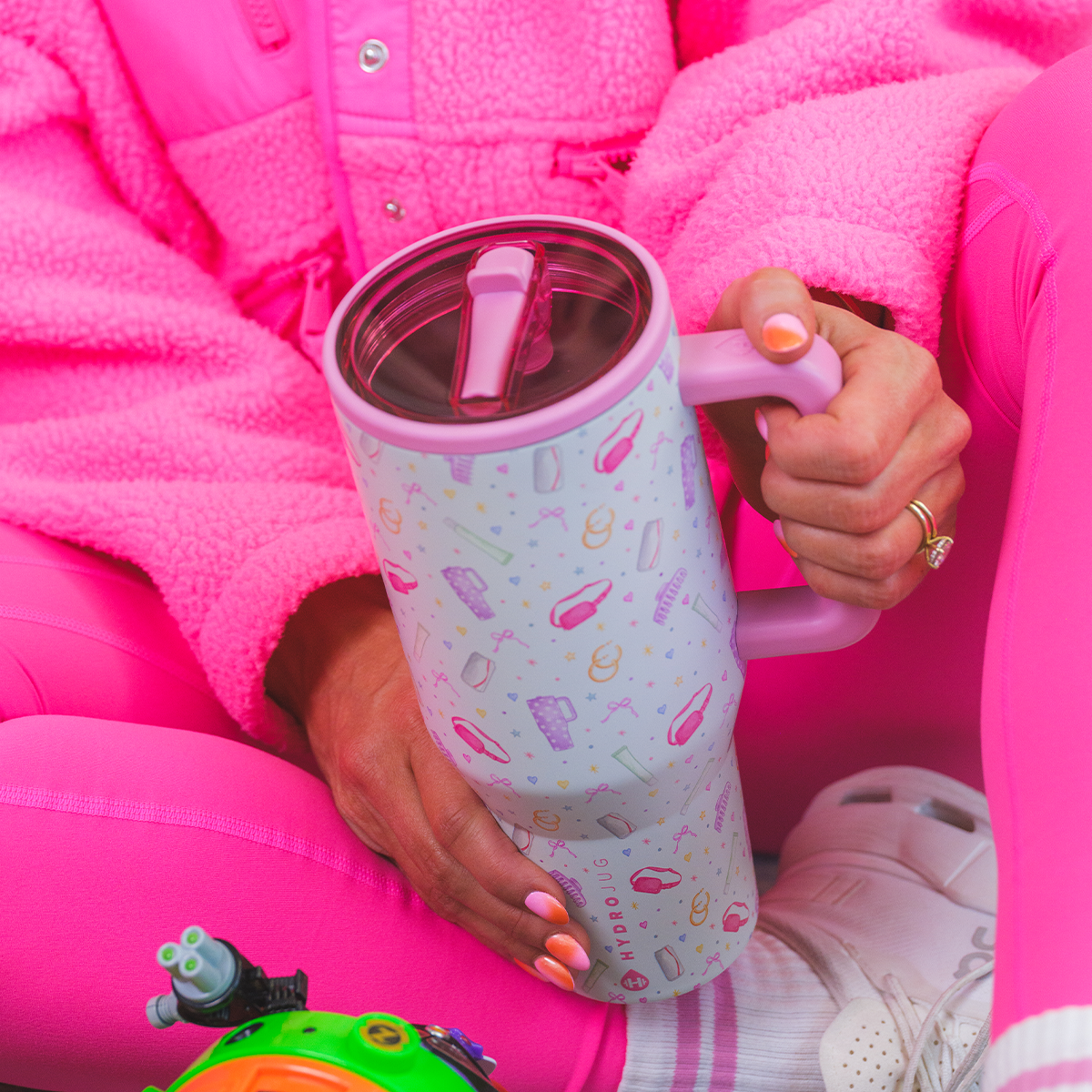
How Much Water Do You Need At The Gym?
Staying hydrated as an athlete is essential – not only for overall health, but also for performance, recovery, and injury prevention. The exact amount of water needed varies from person to person, but there are reliable guidelines that help most people stay properly hydrated during workouts.
Understanding when and how much to drink before, during, and after the gym can make a noticeable difference in how you feel and perform.
Benefits of Hydration for Athletes
Hydration supports nearly every system involved in physical performance.
According to the USADA, hydration is one of the most important nutritional concerns for athletes. Research shows that losing as little as 2% of total body weight due to fluid loss can negatively impact performance.
When dehydration sets in, several things can happen:
- Less blood is pumped with each heartbeat
- Muscles receive less oxygen
- Fatigue increases and performance declines
- Muscle soreness and recovery time can increase
These effects make hydration a key part of training – not an afterthought.
Dehydration Symptoms to Watch Out For
Your body often gives early warning signs when hydration is falling behind.
The easiest way to gauge hydration status is by monitoring urine color. Pale yellow typically indicates adequate hydration, while dark yellow can signal dehydration.
Other symptoms to watch for include:
- Dizziness or lightheadedness
- Nausea or vomiting
- Muscle cramps
- Dry mouth
- Reduced sweating
- Weakness or low energy
Recognizing these signs early can help you adjust intake before performance suffers.
Hydrating Before the Gym
Preparing for hydration starts before you even arrive.
For most people, a good guideline is to drink 17–20 ounces of water 2–3 hours before exercise. This helps ensure your body starts training well-hydrated.
For early morning gym-goers, drinking water shortly after waking and sipping while getting ready can help wake the body, support circulation, and prepare muscles for activity.
Hydration at the Gym
Once you’re training, consistency matters more than large gulps.
Most sports medicine guidance suggests drinking 7–10 ounces every 10–20 minutes during exercise, adjusting for intensity, sweat rate, and workout length.
Having water within arm’s reach makes this much easier. For gym sessions, a 32oz Sport Bottle is lightweight, easy to sip from between sets, and fits well in gym bags and cup holders. For longer sessions or high-sweat workouts, bringing a slightly larger bottle can reduce the need for refills.
Accessories like straw lids or carrying sleeves can also make hydration more convenient when moving between machines or classes.
If you’re choosing a bottle specifically for training, this guide on the Best Gym Water Bottle breaks down what to look for.
Hydrating After the Gym
Hydration doesn’t stop when the workout ends.
Replacing fluids after exercise supports muscle recovery, circulation, and overall body function. A common guideline is to drink 16–24 ounces of water for every pound of body weight lost during training.
Sipping steadily post-workout – rather than chugging – helps the body rehydrate more comfortably.
Can Other Drinks Hydrate?
Water is usually the best hydration choice, but it’s not the only option.
- Sports drinks can be helpful during intense workouts lasting longer than an hour because they contain electrolytes that support fluid retention. Just be mindful of added sugar.
- Tea can contribute to hydration and provides antioxidants, especially when caffeine-free.
- Milk can also support hydration due to its natural balance of fluids, carbohydrates, and electrolytes – though it’s usually better suited for post-workout recovery rather than during training.
In Conclusion
Hydration needs vary, but athletes generally require more water due to increased activity and sweat loss. Drinking water before, during, and after workouts helps support performance, recovery, and overall health.
Building hydration into your gym routine – with a bottle that’s easy to carry and sip from – makes consistency much easier. When hydration becomes automatic, performance often follows.
















